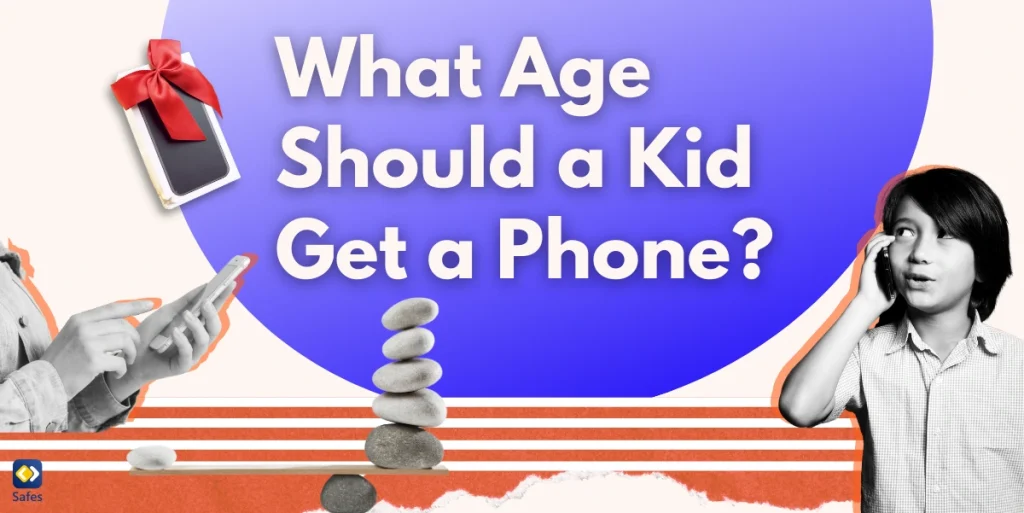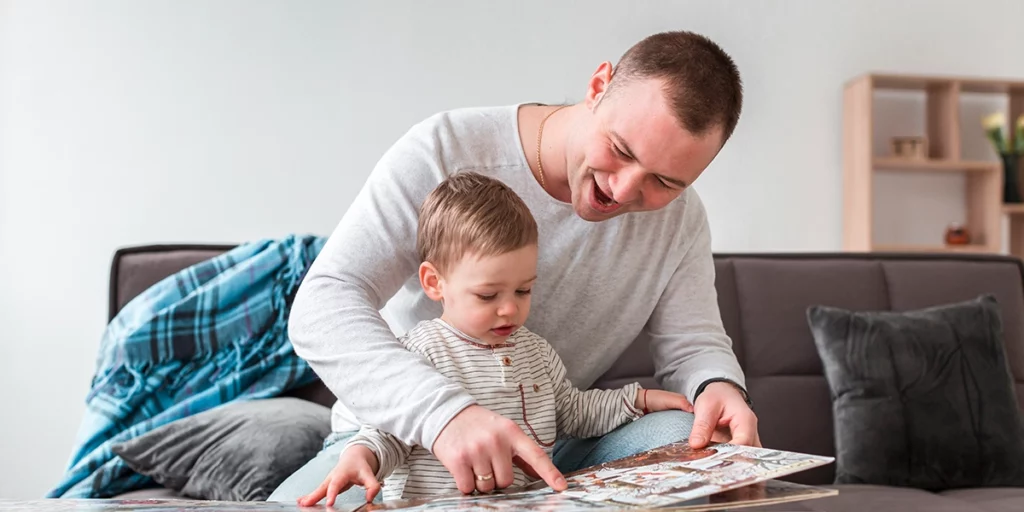The so-called ‘Empty Nest’ is a stage of life that most parents will experience sooner or later. It’s when children leave home as they enter adulthood, which can be a particularly challenging period for many parents. Even though it may sound silly, the phenomenon of ‘Empty Nest Syndrome’ can be incredibly real for many parents who are left to deal with their emotions alone once their children leave the nest. The symptoms of empty nest depression vary from person to person, and they’re often influenced by factors such as the age at which your child leaves the house, how close your family was to your child growing up, and how much time you had to bond with them before they went off to college. However, empty-nesting adults are more likely to experience some common symptoms as they adjust to life without their child around.
Download and Start Your Free Trial of the Safes Parental Control App
If you find yourself feeling down after your child has left home, then read on for some sage advice on how to combat empty nest heartache.
What Is Empty Nest Syndrome?
As a parent, you will undoubtedly experience a variety of emotions as your children enter adulthood. But one of the most common experiences is what’s called ‘Empty Nest Syndrome’. This is when you reach the stage of life where your child leaves home, which can be a particularly difficult time for many adults. The stages of empty nest syndrome are different for everyone, and you could experience a wide range of symptoms depending on your own personal circumstances. We’ll look at some of the most common symptoms of empty nest syndrome below.
Symptoms of Empty Nest Syndrome
People who experience empty nest syndrome are often left reeling with emotions, including sadness, loneliness, confusion, and even anger. It’s important to acknowledge and work through these feelings when they come up, as they will naturally go away with time. It’s also important to find ways to fill your new, free empty-nest days; it’s easy to get stuck in a cycle of sadness if you don’t find ways to distract yourself.

The Impact of Empty Nest Syndrome
Parents may experience feelings of loss, sadness, loneliness, and even guilt. They may also struggle with a sense of purposelessness, as they no longer have the same responsibilities they did when their children were living at home. Additionally, they may feel disconnected from their children, and worry about how they’re doing and if they are safe.
The emotional impact of empty nest syndrome varies from person to person, and it’s important to talk to your doctor if you feel unwell in any way. However, if you’re experiencing symptoms of empty nest syndrome, you could likely benefit from counselling as a form of self-care. Other people find it helpful to make time for creative hobbies they can use to avoid feeling helpless or trapped in a negative spiral of thinking.
How Long Does Empty Nest Syndrome Last?
Empty Nest Syndrome can last anywhere from a few months to several years, depending on many different factors, such as the age of your child when they moved out, the level of closeness in your family, and how much time you were able to spend together before they left for college. It’s worth noting that this condition is most common in middle-aged people who have had their children living with them for an extended period.
How to Deal with Empty Nest Syndrome?
If you struggle with a particularly severe empty nest syndrome, you may want to consider counseling as a form of self-care. There’s a range of different types of counseling to choose from, so you can find one that works for you.
Couples are often particularly impacted by this stage of life, and you may find that you experience empty nest syndrome alongside your partner. If you do, there are a few things that you can do to help your relationship stay healthy and strong. One of the most important things to do is to maintain a regular, open communication with your partner. There’s no guarantee that your relationship will be fine if you don’t talk about your feelings. You may also find it helpful to try something novel for a change like taking your partner out for a date.

Tips for Coping with Empty Nester Syndrome
- Make the most of your free time: It can be easy to get stuck in a cycle of feeling sad if you don’t make time for other activities. Try thinking of your empty nest as an excuse to do more of what you love.
- Make time for self-care: This can include activities like taking a bubble bath or a walk, but it should be something that helps you de-stress. Try including activities that help you refocus on your goals and dreams. If you struggle to think of anything during your hectic day, journaling is a great way to refocus on what you want to achieve.
- Maintain a regular routine: This can help you feel less out-of-control as you avoid getting stuck in a negative spiral of thinking.
- Make time for friends and family: While it can be tempting to isolate yourself, maintaining a social life can be extremely helpful in avoiding negative thoughts.
- Keep stress levels low: Avoid any form of stress in your life that could make you feel out of control. This includes things like avoiding arguments with your partner or children, keeping your schedule well ahead of time, and avoiding things on your to-do list that stress you out.
The Positive Side of Empty Nest Syndrome
Empty Nest Syndrome can be extremely challenging for many parents, but it can also have a number of potential positive aspects, including the increased time you have for yourself and for your partner, greater financial security, and the opportunity for you to reflect on your life.
Concluding Combating Empty Nest Depression
Empty Nest Syndrome can be extremely challenging for many parents, but it can also have a number of positive aspects, including the potential opportunity for you to reflect on your life. Overall, it could be a chance for you to find a new purpose in your life.
Find more tips on issues parents face throughout their lives on our blog.
Suggested Articles:
- “What Should I Consider When Divorcing with Young Kids?” – Parents Ask
- Signs of Bad Parenting: How to Recognize and Address Them
- 10 Warning Signs That You Might Be a Bad Mother
- Co-Parenting: Creating Effective Communication Guidelines
- Grieving with a Child: How to Explain a Grandparent’s Passing
- How to Deal With Depression and Exhaustion as a Working Mom – Parents Ask
Your Child’s Online Safety Starts Here
Every parent today needs a solution to manage screen time and keep their child safe online.
Without the right tools, digital risks and excessive screen time can impact children's well-being. Safes helps parents set healthy boundaries, monitor activity, and protect kids from online dangers—all with an easy-to-use app.
Take control of your child’s digital world. Learn more about Safes or download the app to start your free trial today!




